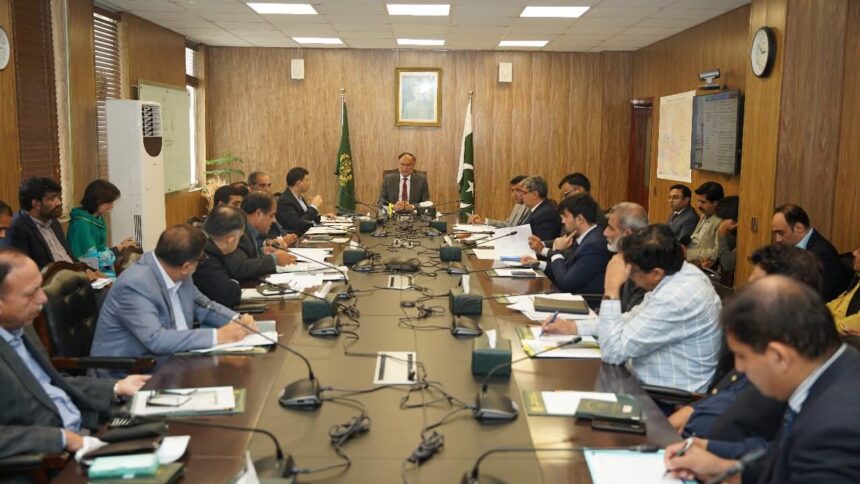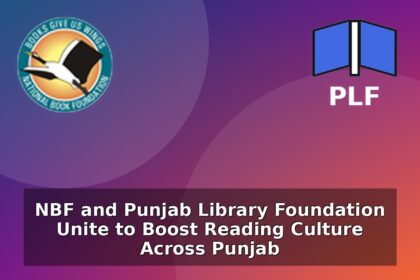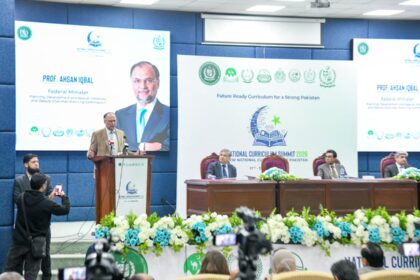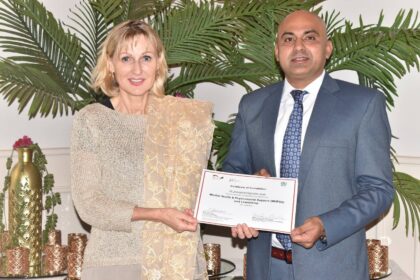Pakistan has launched decisive initiatives to establish Gwadar Port as a regional hub for trade, logistics, and connectivity, as affirmed during a high-level meeting chaired by Federal Minister for Planning, Development, and Special Initiatives, Prof. Ahsan Iqbal.
Under Minister Ahsan Iqbal’s oversight, a comprehensive strategic plan is currently underway aimed at transforming Gwadar Port into a vibrant commercial and logistical center, effectively connecting South Asia with the Gulf states and Central Asia. Officials from federal ministries, governmental bodies, and representatives of the Government of Balochistan were present to thoroughly discuss the implementation of these initiatives.
Significant among these actions is the initiation of transshipment operations. The Ministry of Maritime Affairs is actively engaging with private shipping companies to launch transportation of commodities—initially including fish, dates, minerals, and cement—between Gwadar and the Persian Gulf markets, creating new avenues for trade and economic activity.
Additionally, the government has planned a robust international investment and marketing campaign to enhance Gwadar Port’s global visibility. Activities will include organizing an international conference in Islamabad, international roadshows, and promoting Gwadar via Pakistan’s diplomatic missions abroad to attract significant foreign investment and interest.
On the regional connectivity front, the Ministry of Foreign Affairs has been tasked with preparing feasibility studies—in cooperation with four partnering nations—for an undersea tunnel linking Gwadar with Oman. This ambitious project aims to facilitate seamless connectivity between South Asia and Gulf Cooperation Council (GCC) countries. Furthermore, establishing ferry services between the Gulf countries and Gwadar is also under active consideration.
In ensuring local community participation, particular attention is being given to integrating Gwadar’s fishermen into this development vision. Currently, joint land surveys and measures for establishing fish processing factories are underway in cooperation with Chinese partners. Minister Iqbal emphasized the importance of protecting local fishermen’s rights and actively involving them in consultation processes to promote sustainable and inclusive fisheries development.
Special focus has also been directed towards Gwadar’s infrastructure and mineral resources. A feasibility study for a dedicated mineral corridor rail link, aimed at positioning Gwadar as a specialized mining port for Balochistan, has already been completed. In addition, the Gwadar Safe City project is 30% complete, with full completion expected by June 2026.
Ensuring comfortable and attractive facilities for international maritime crews is another priority. High-standard accommodations, including a five-star hotel (Pearl Continental Hotel Gwadar), have already been provided, significantly enhancing the port’s appeal to international shipping personnel.
All these initiatives align clearly with Pakistan’s first ever aquatic and fisheries policy, reflecting the government’s unwavering commitment to sustainable, inclusive, and regionally integrated economic development.
In conclusion, participants at the meeting underscored the need for effective inter-ministerial and inter-agency coordination in order to rapidly transform Gwadar into an engine of Pakistan’s economic growth and regional prosperity.











